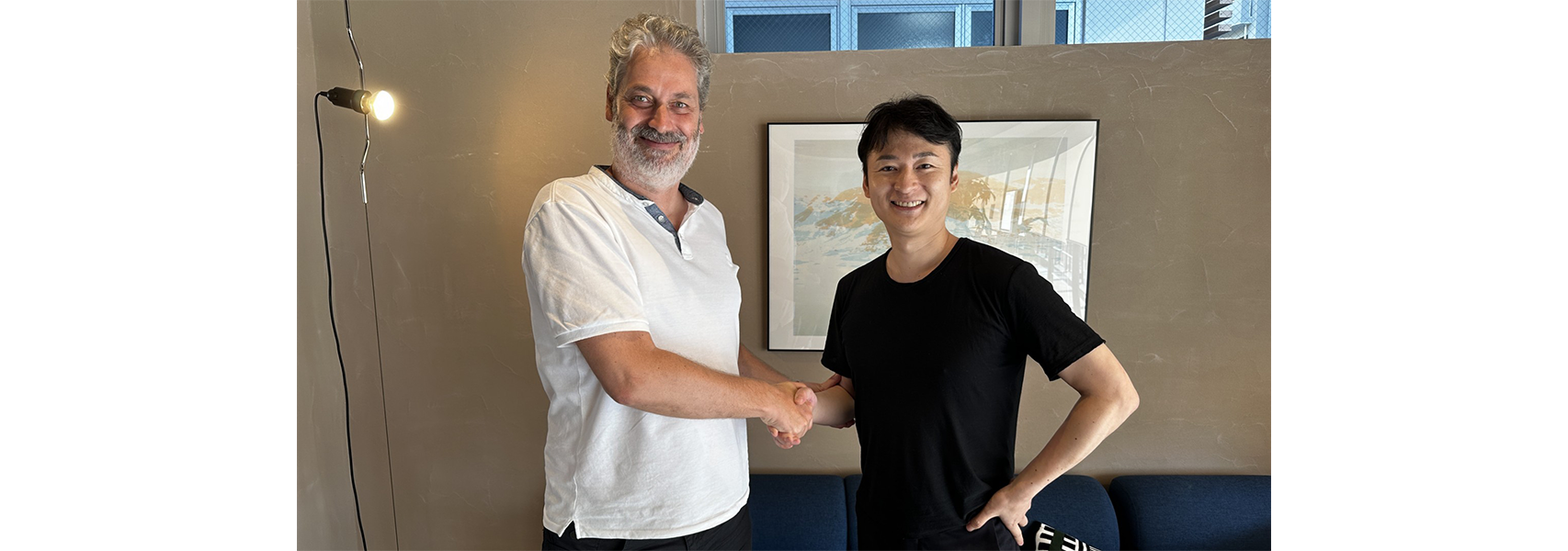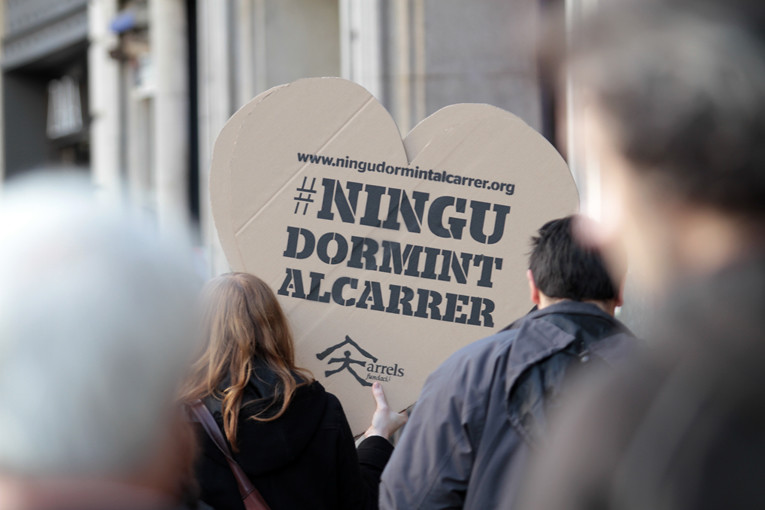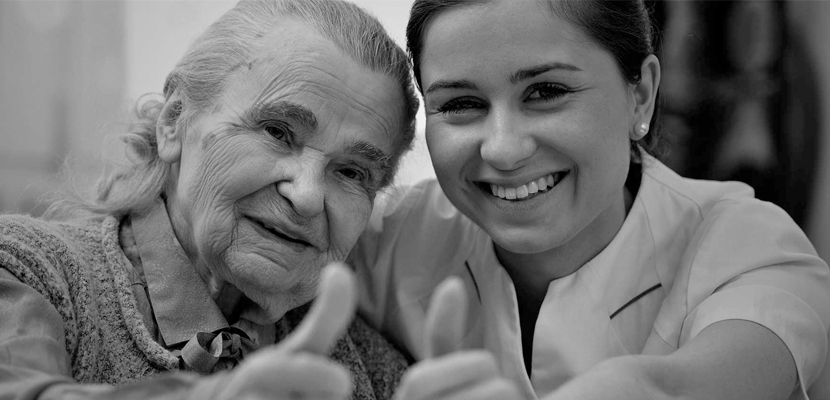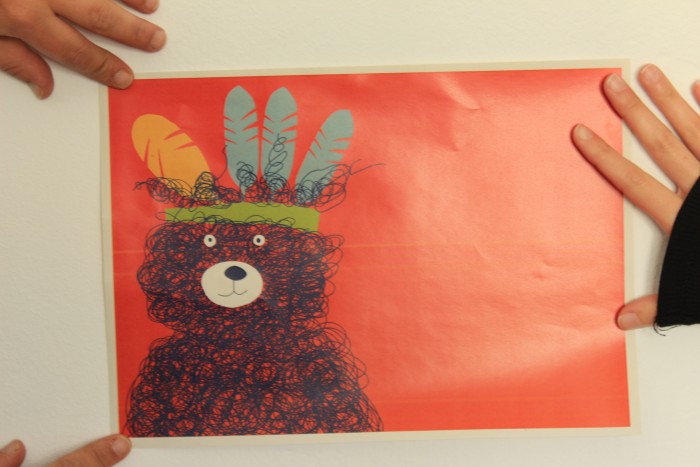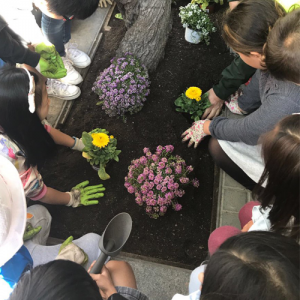We won the DonaTIC 2025 award!
Yesterday was one of the most special and inspiring afternoons of my professional, and personal life. I had the honor of representing Basetis alongside my dear friend Karolina Ostrowska, accepting the DonaTIC 2025 award for best business initiative for our FemQA initiative.

The DonaTIC Awards Gala
The evening was filled with inspiring voices:
🙌 Thank you, Maria Galindo Garcia-Delgado, Secretary of Digital Policies (with more than 11 years of promoting the awards), for reminding us of the importance of role models, digital ethics, and sisterhood in paving the way forward. 🔝
🙌 Thank you, Therese Jamaa, for being a source of inspiration with your words and your experience. It was a pleasure to listen to you and talk to you. 🔝
🏛️ Councilor Miquel Sàmper Rodríguez defended the National Pact for Digital Talent, with a commitment to double digital profiles by 2030, with 50% women, and to strengthen professional formation, reindustrialization, and technological sovereignty.
🎓 Nuria Castell, president of the jury, highlighted the excellence of the nominations submitted. 🔝
Premi DonaTIC2025 Winners
🏆 2025 winners
- Alba Cervera Lierta – Revelation Category
- Yolanda Lupiáñez – Entrepreneur Category
- Laura García Maraña – Business Category
- Carme Fernandez – Professional Category
- Eugènia Santamaría Pérez – Academic/Researcher Category
- Marta Portalés Oliva – Disseminator Category
- Hypatia Mares Association – Leading Initiative Category
Winners in the student category
- Aimara Ventoso Tubio – University ICT Student Category
- Lua Trevín Hernaiz – Professional formation ICT Student Category
- Lucía Pallarés Rodríguez – Doctoral ICT Student Category
🎖️ Special mentions
- Silvia Sanvicente – Special mention in Cybersecurity.
- Eva Domínguez – Special mention in Digital Culture
- Clàudia M. – Special mention in the Aerospace field
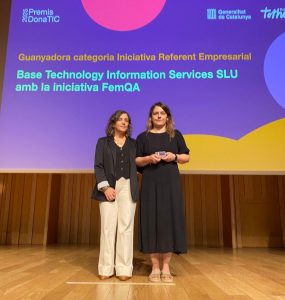
🌟I would like to extend my congratulations not only to the winners and finalists, but also to the 88 candidates who submitted their applications, a clear demonstration of the enormous female talent we have in our organization.
➡️ The DonaTIC Awards are promoted by Digital Policys – TIC Cataluña in collaboration with the Institut Català de les Dones, Observatori Dona, Business and Economics of the Barcelona Chamber of Commerce, and Tertulia Digital.
Receiving this recognition reaffirms our commitment to continue promoting initiatives such as this one, which help us put technology at the service of building a better society: one that is more just, equitable, and supportive.
We are very grateful for this recognition!
#Orgullbasetià 💜
Photographs extracted from the Press Release published on Govern.cat
